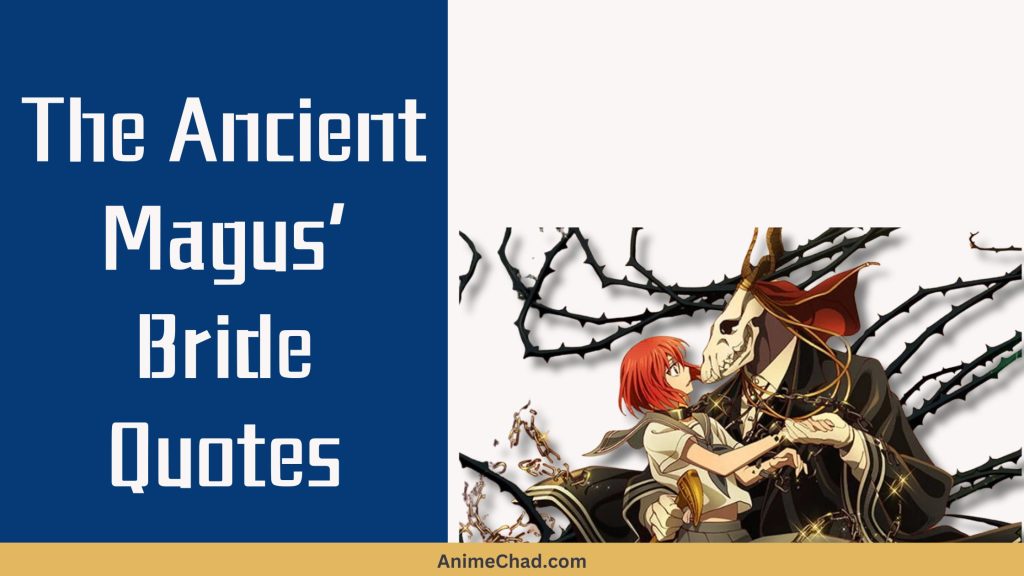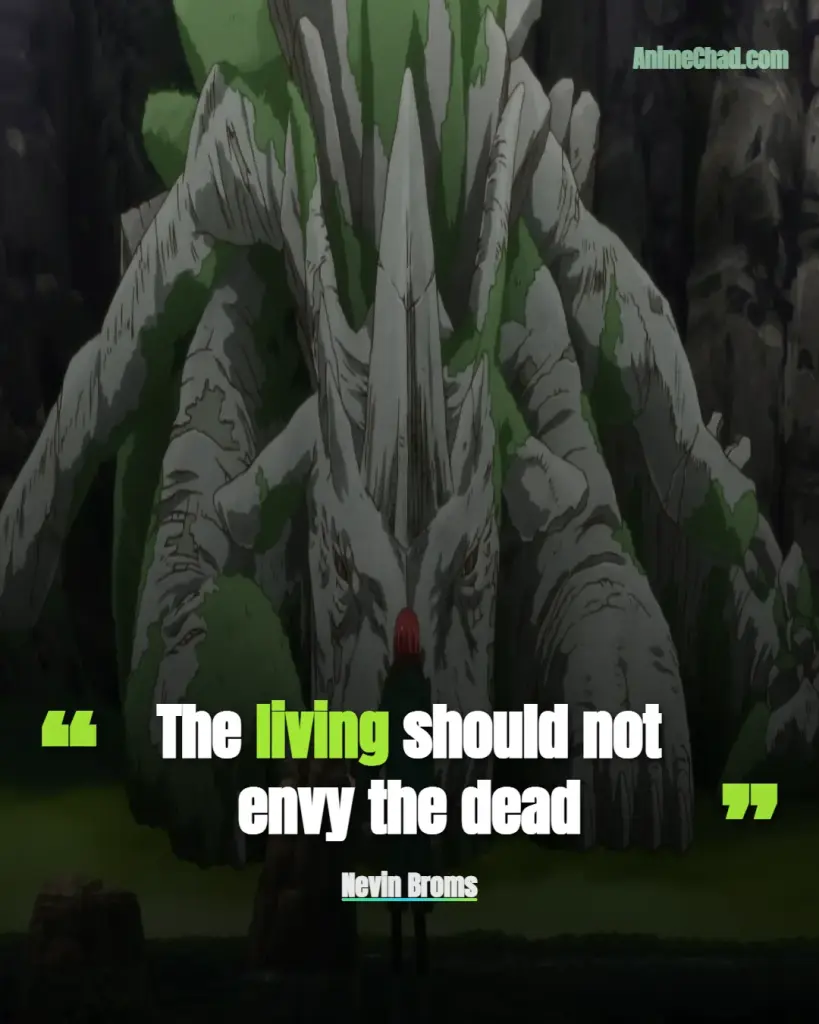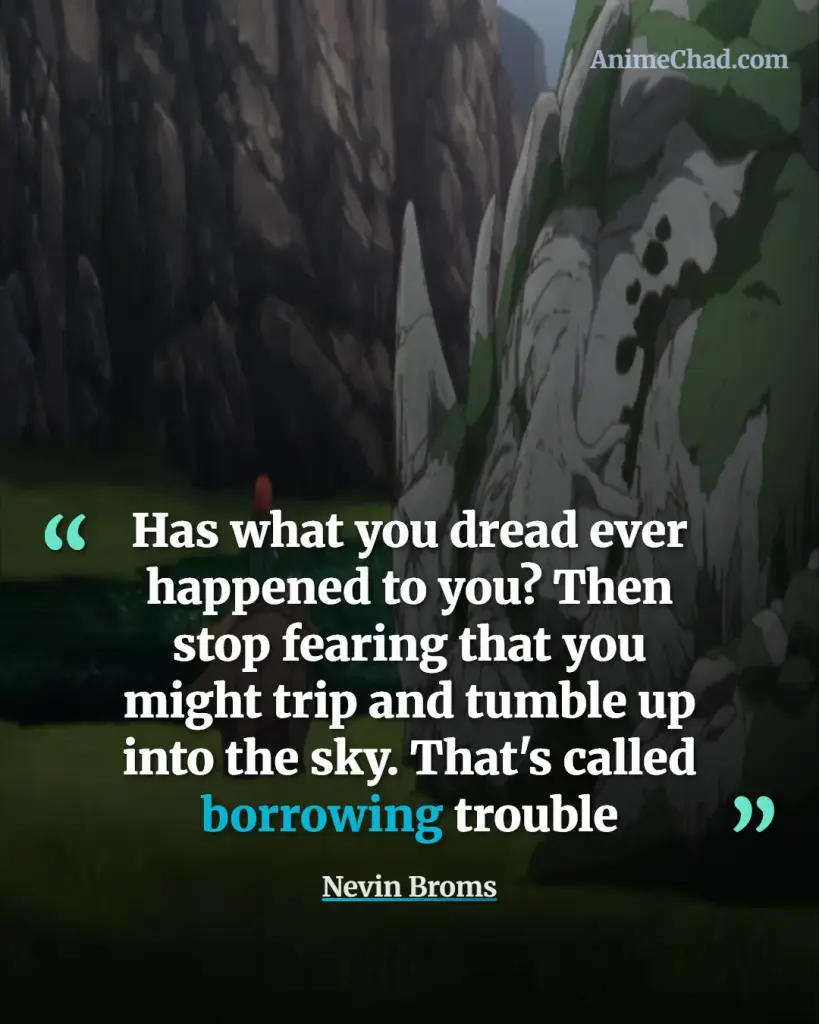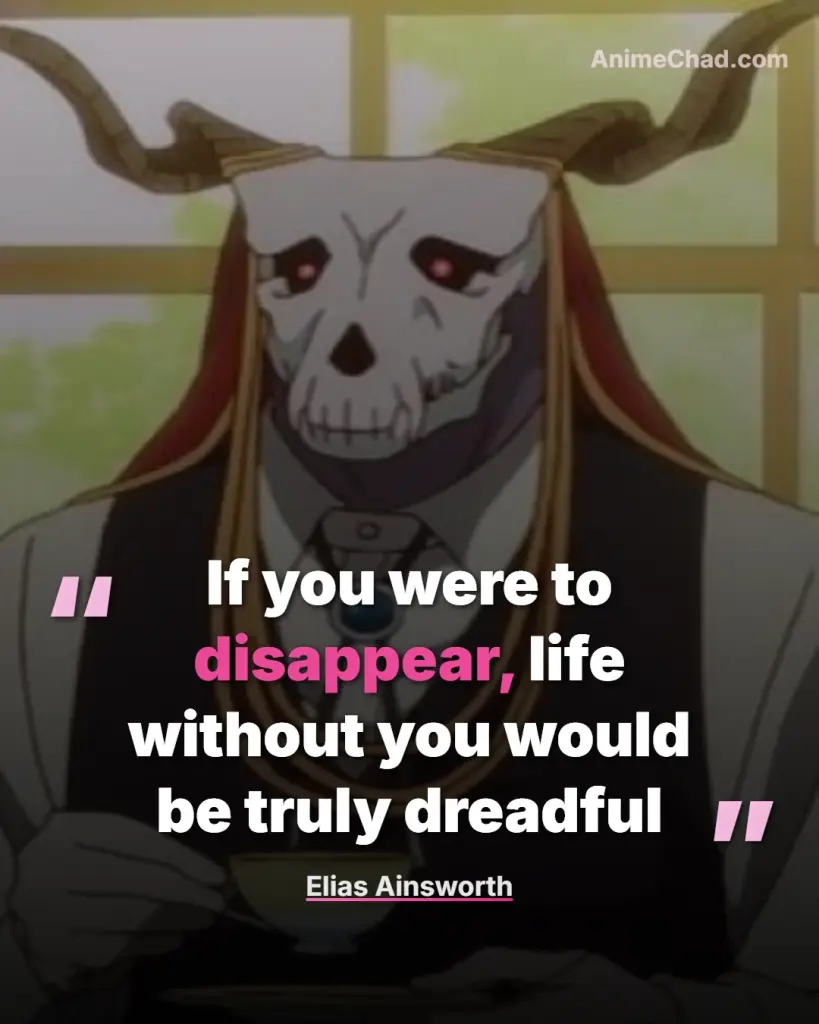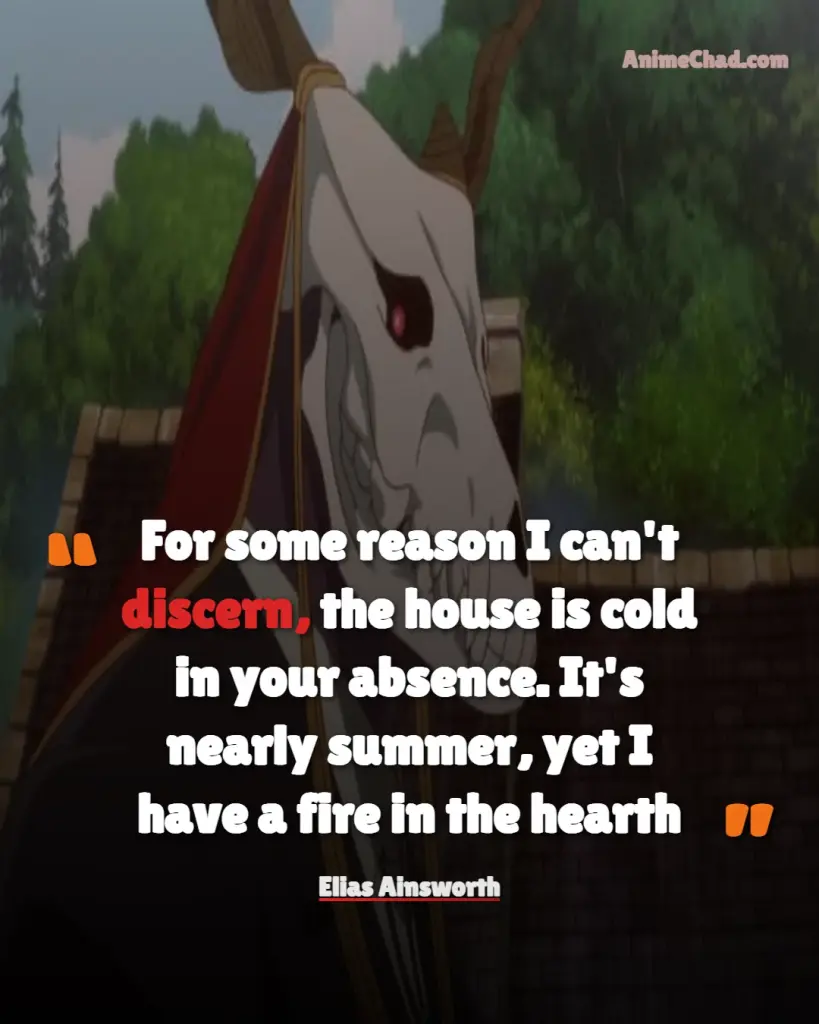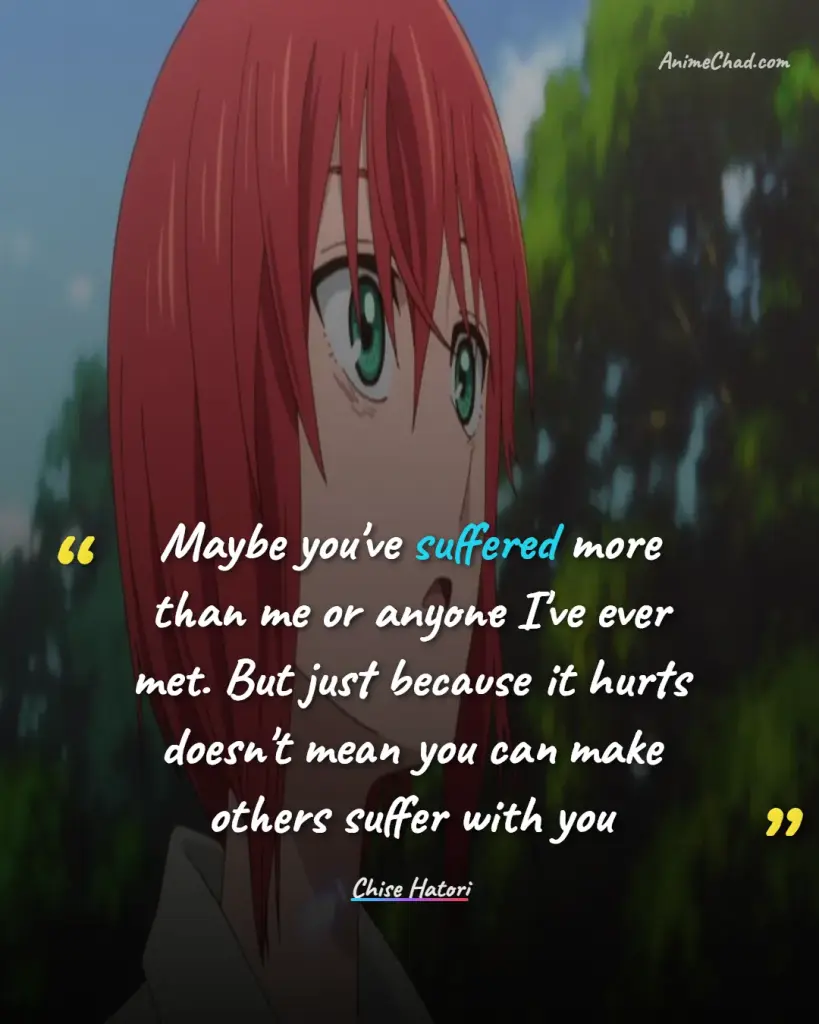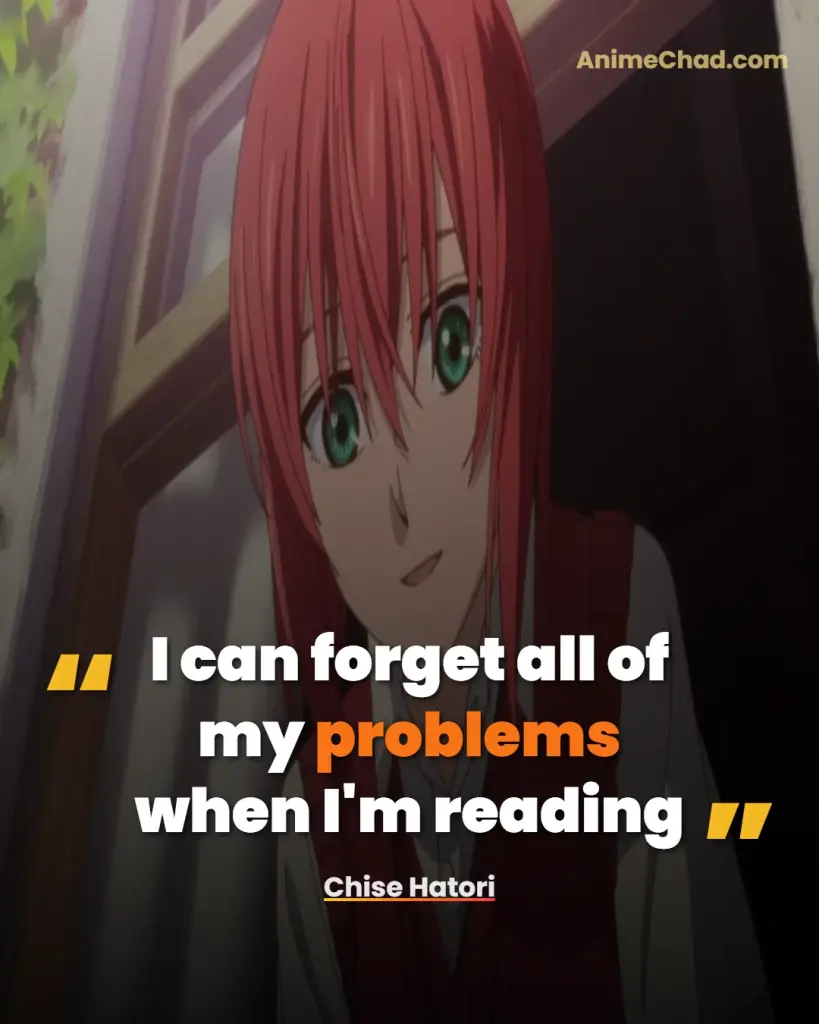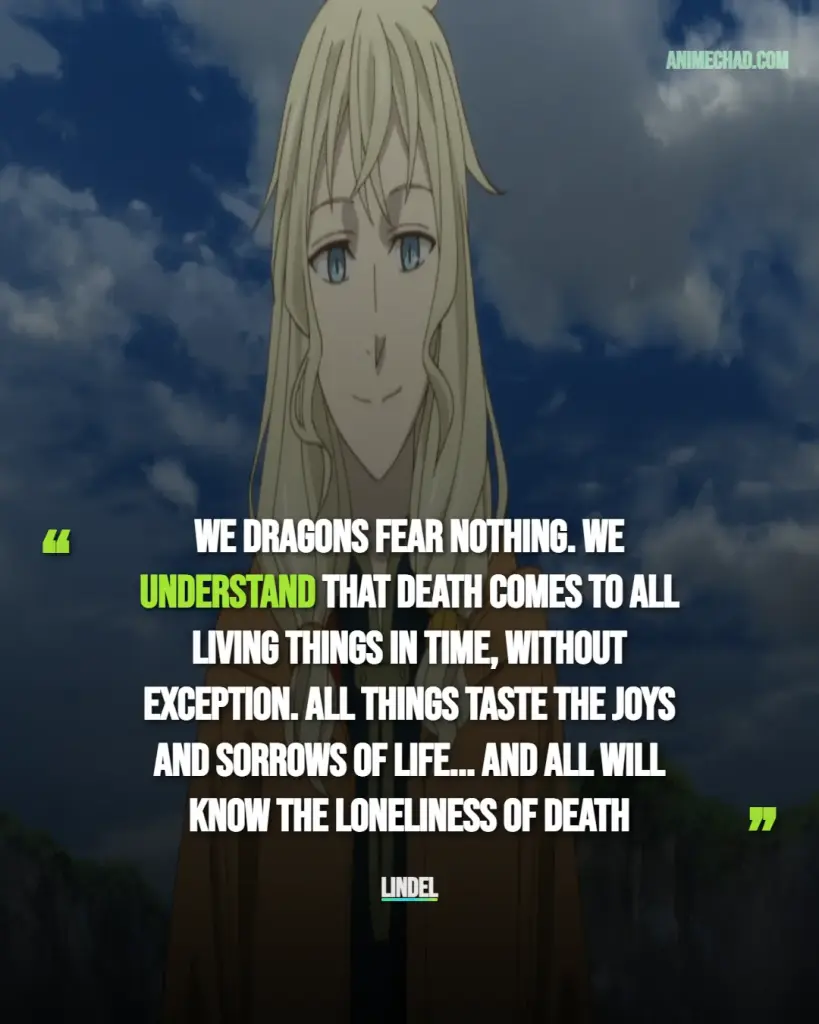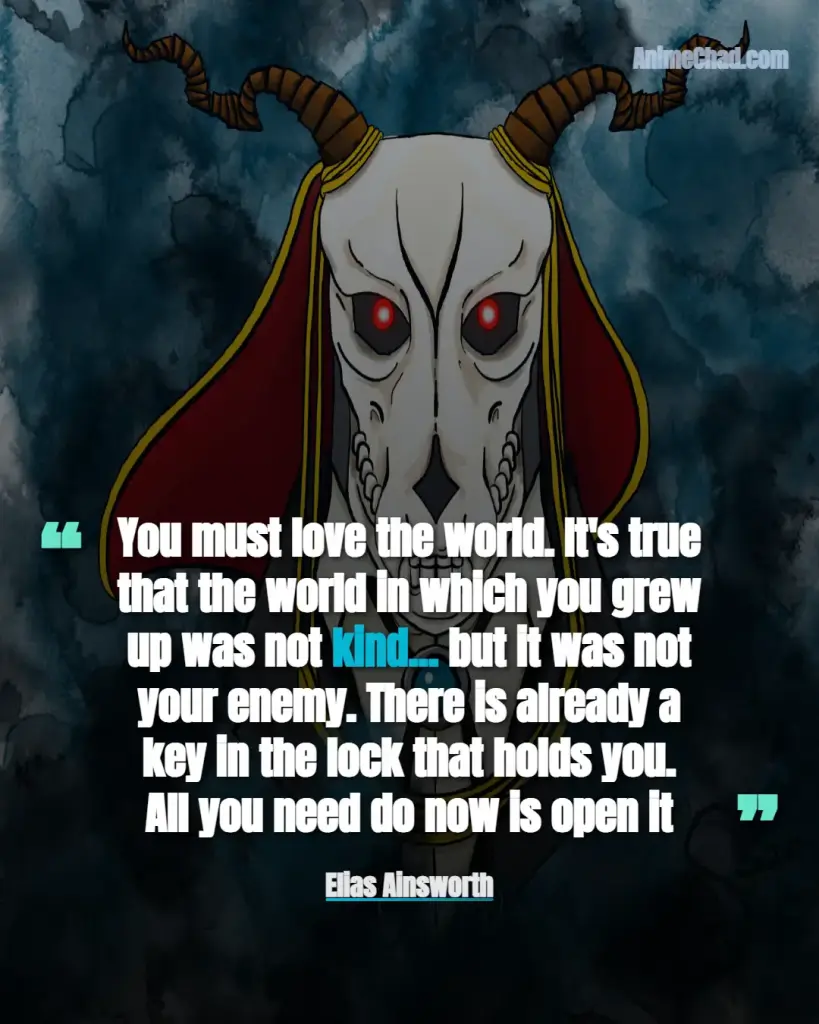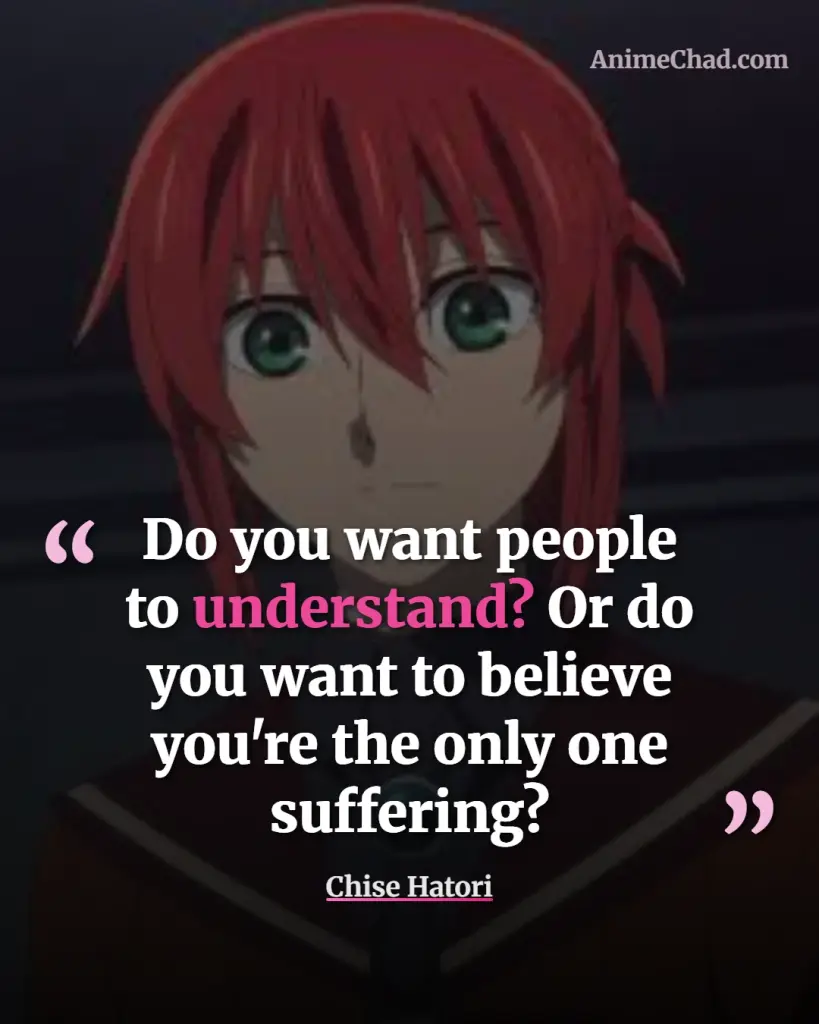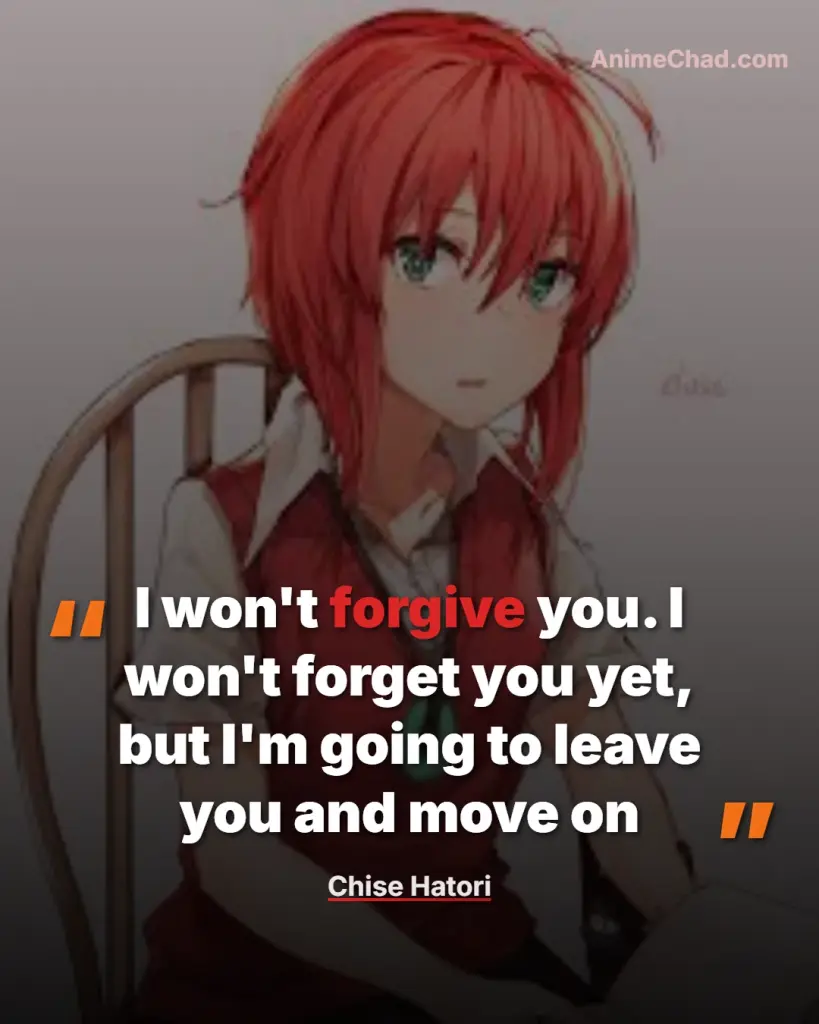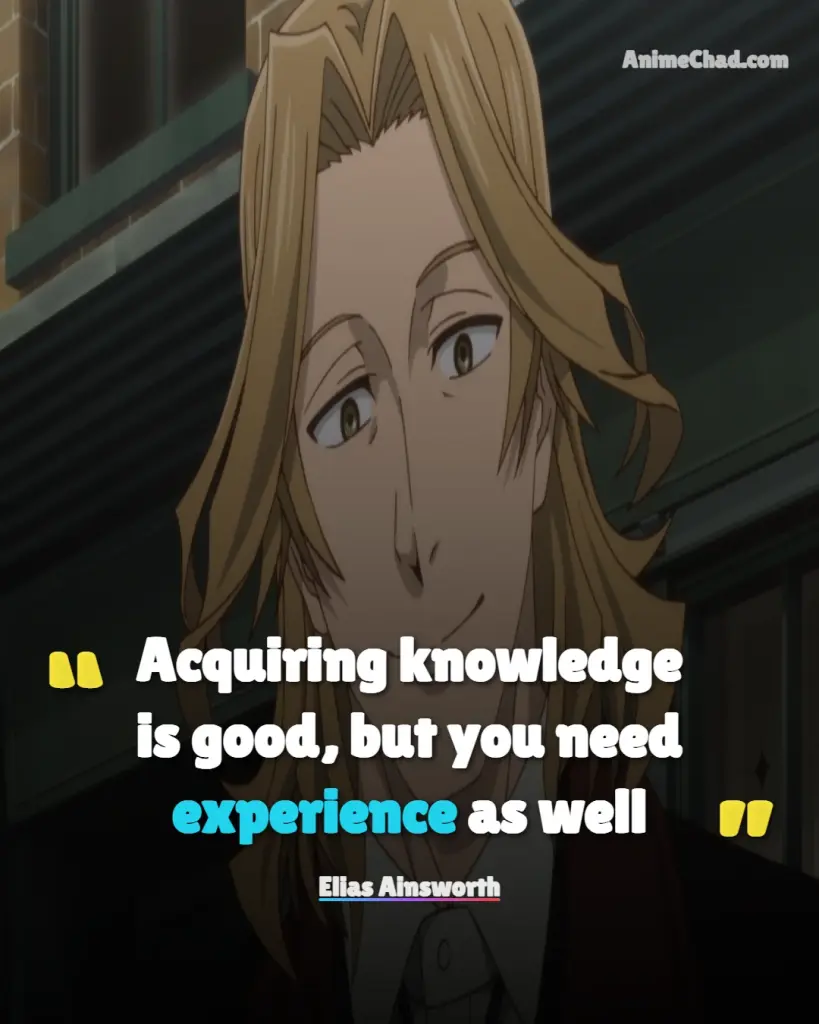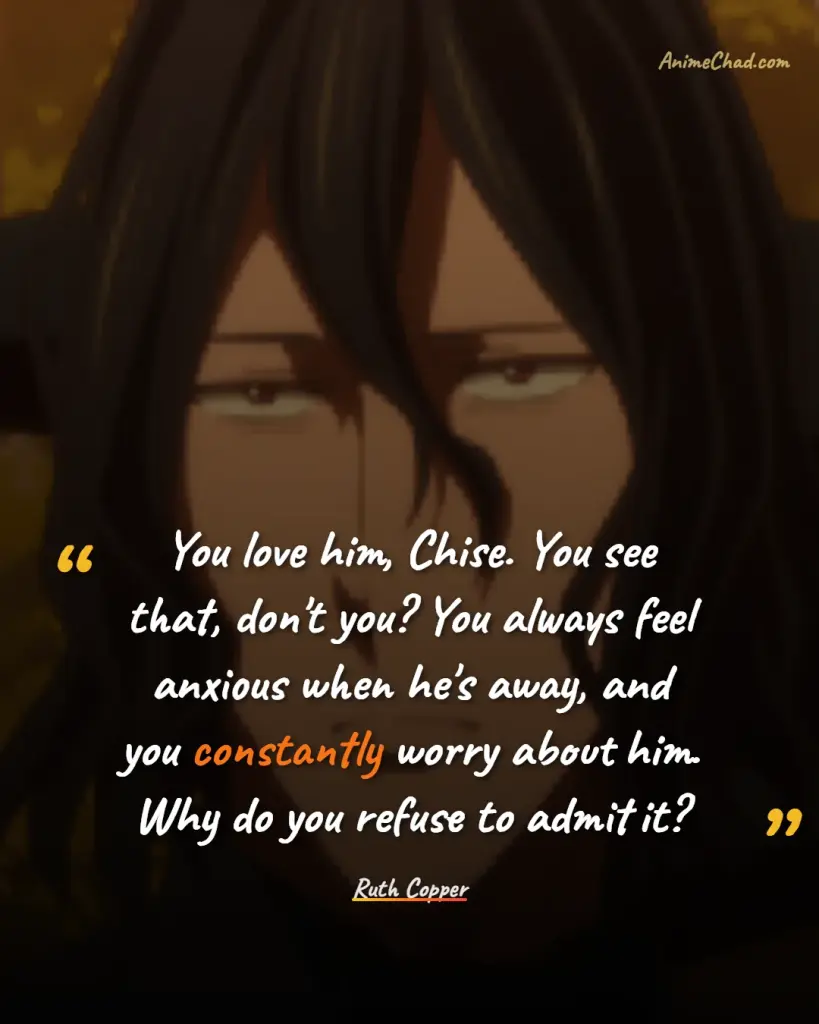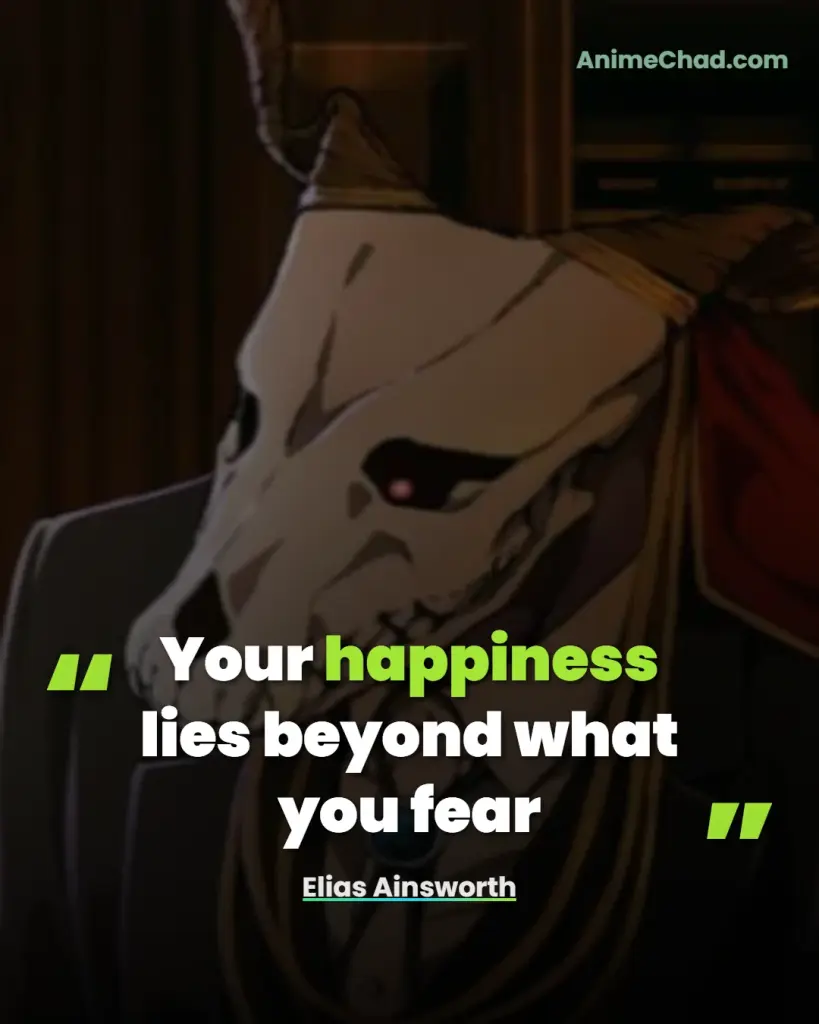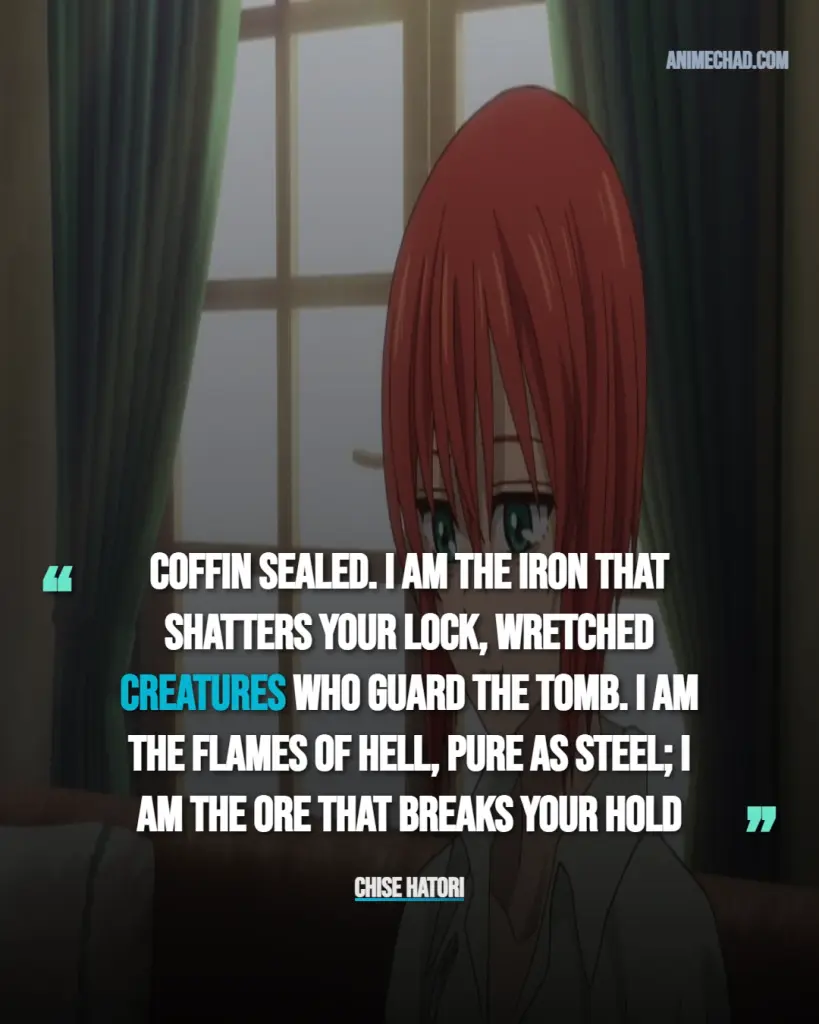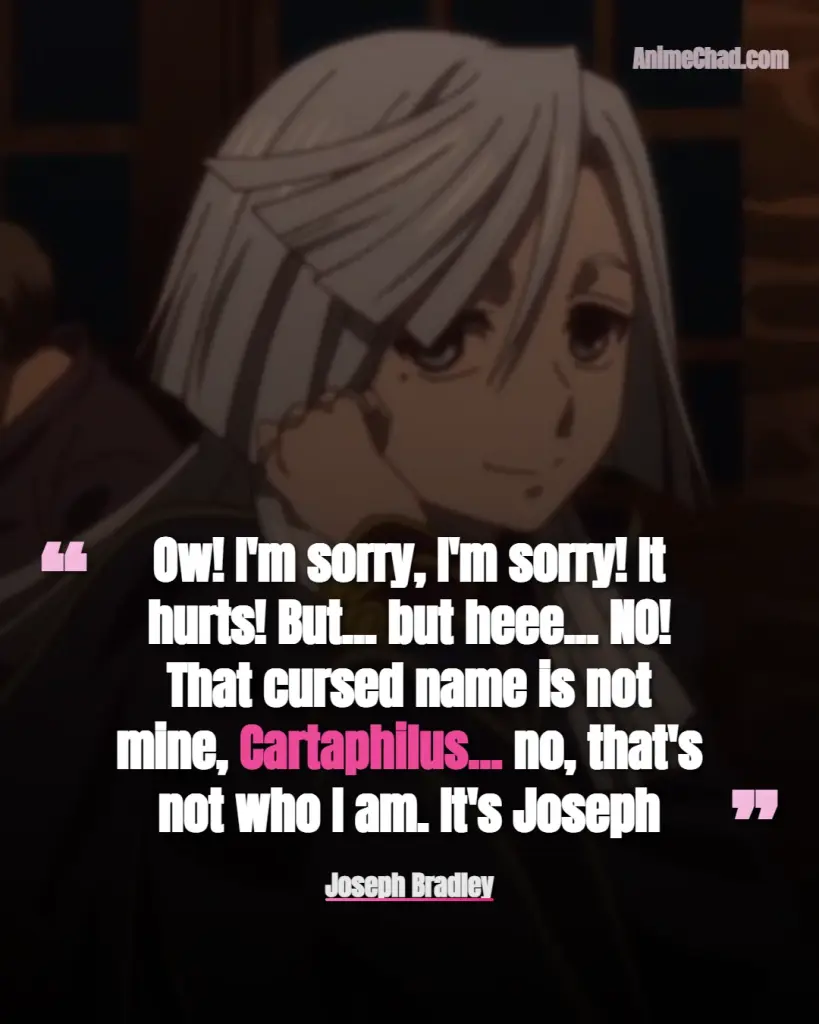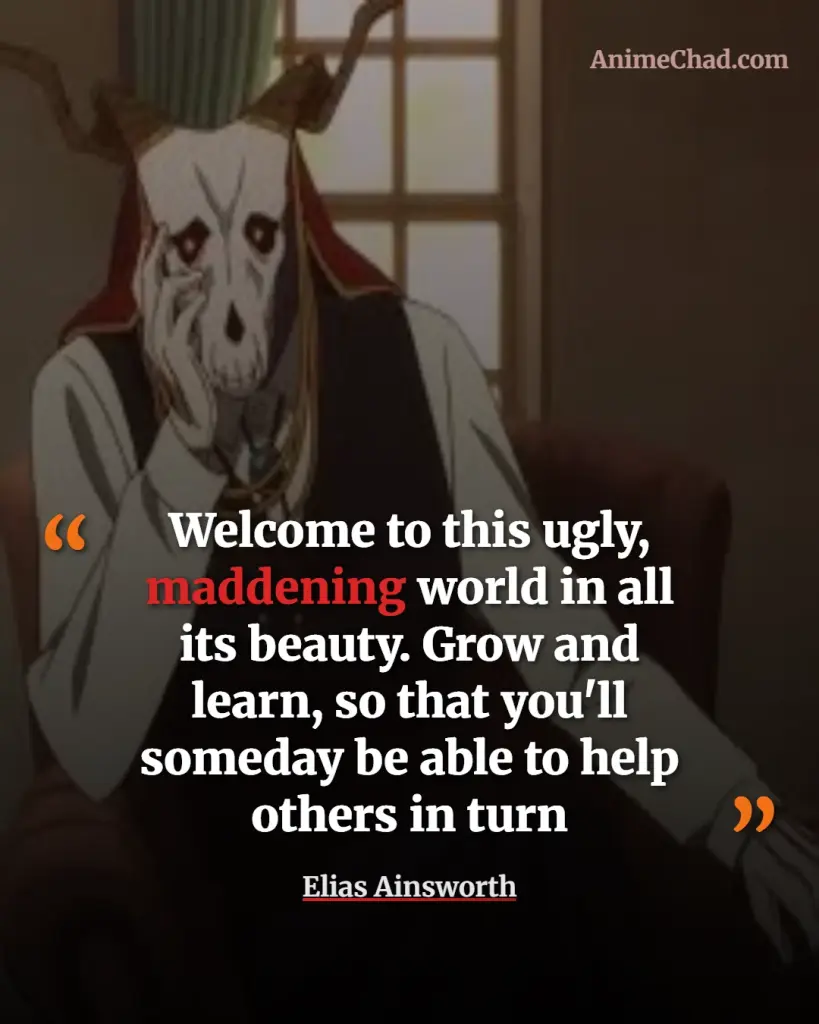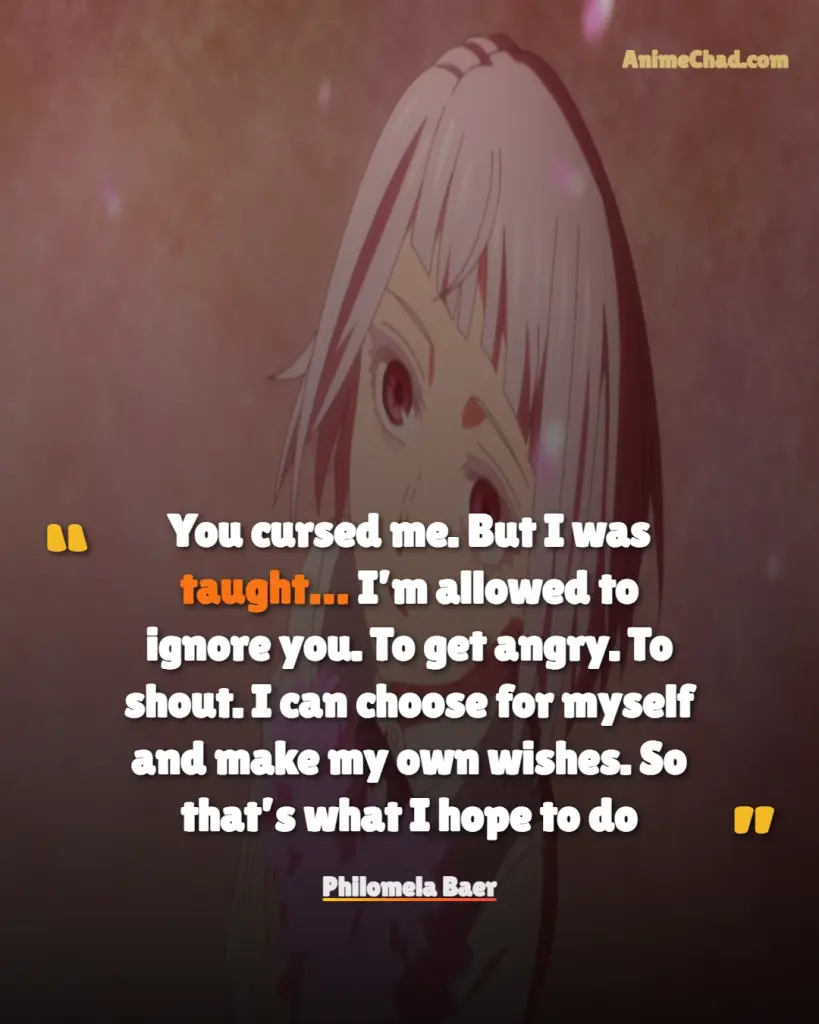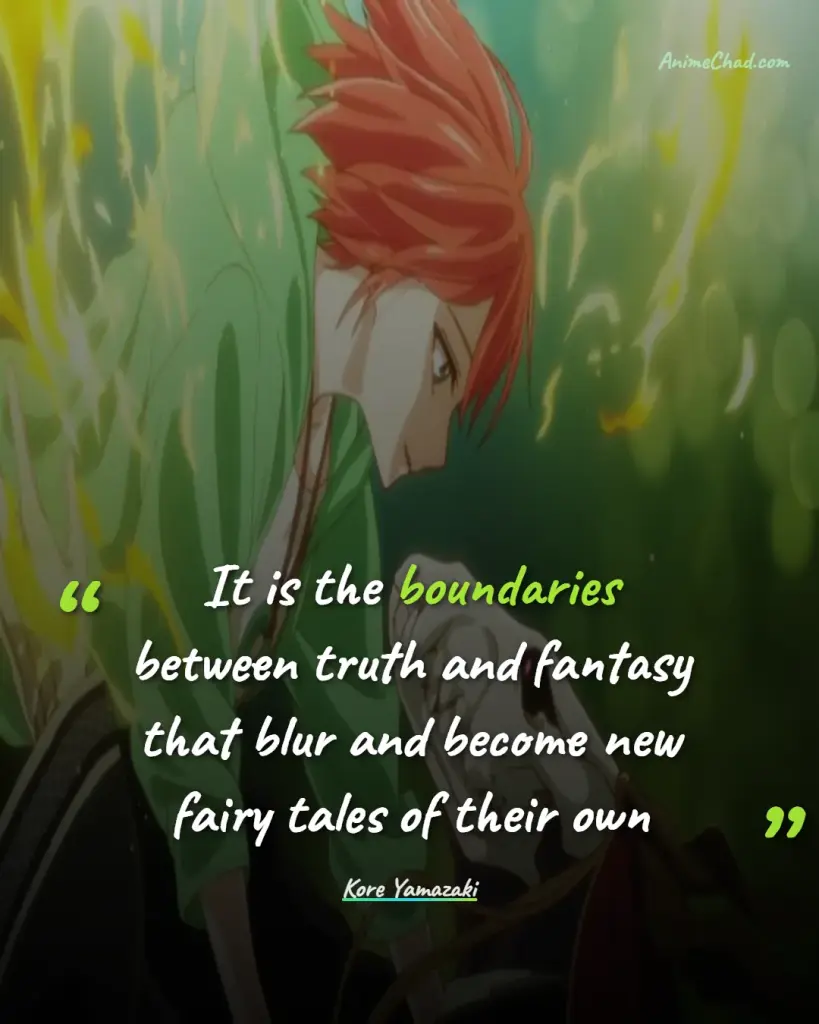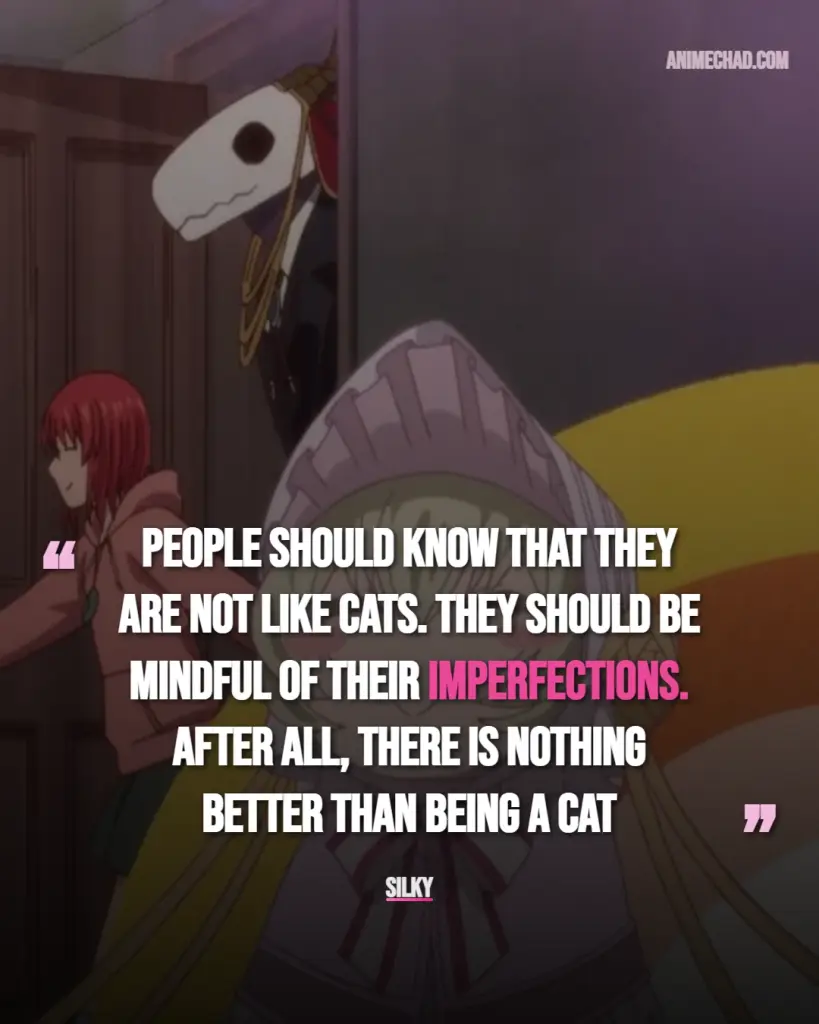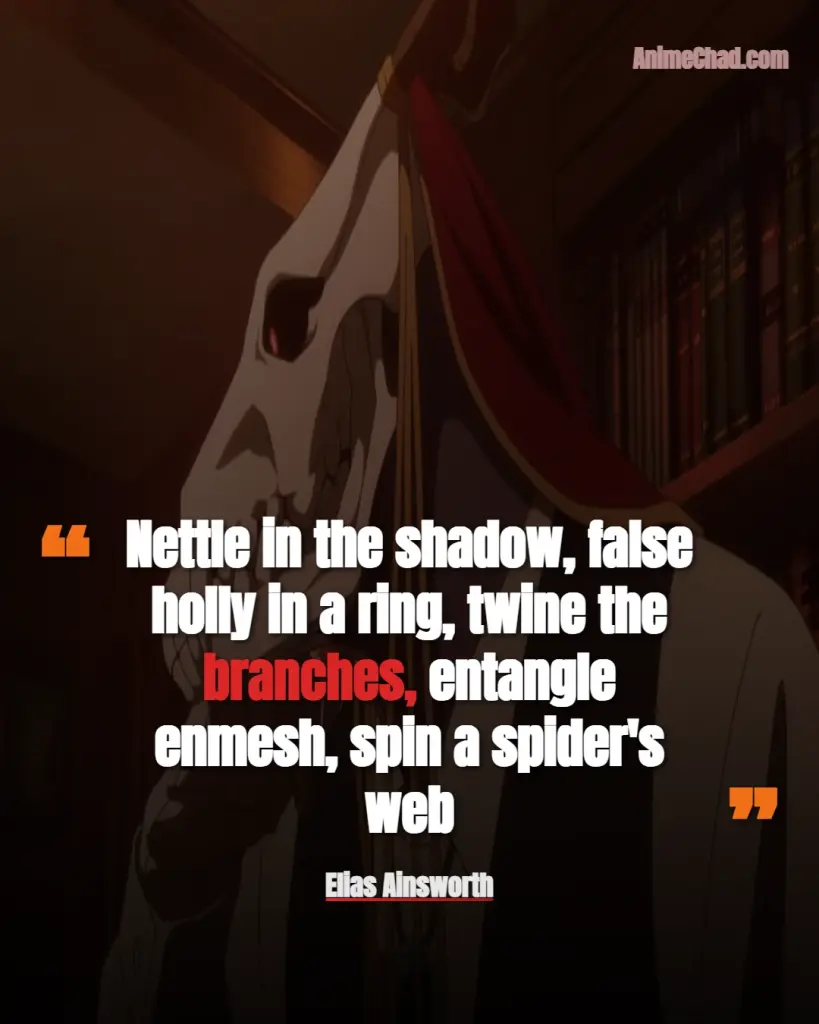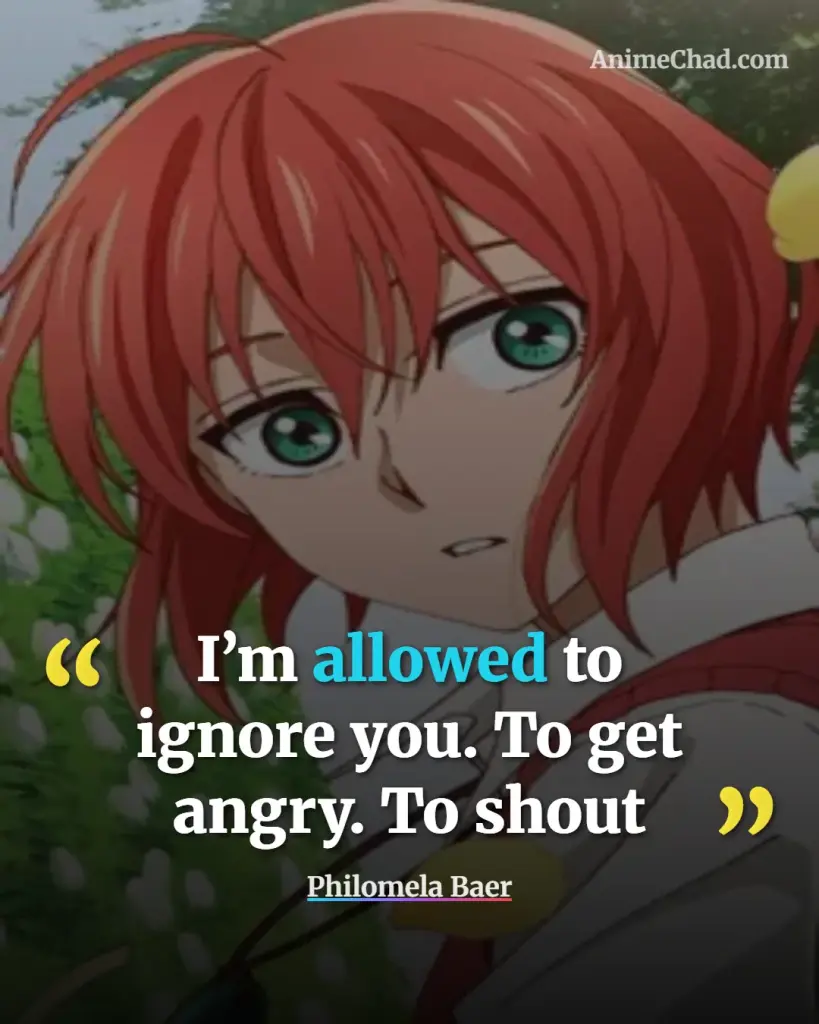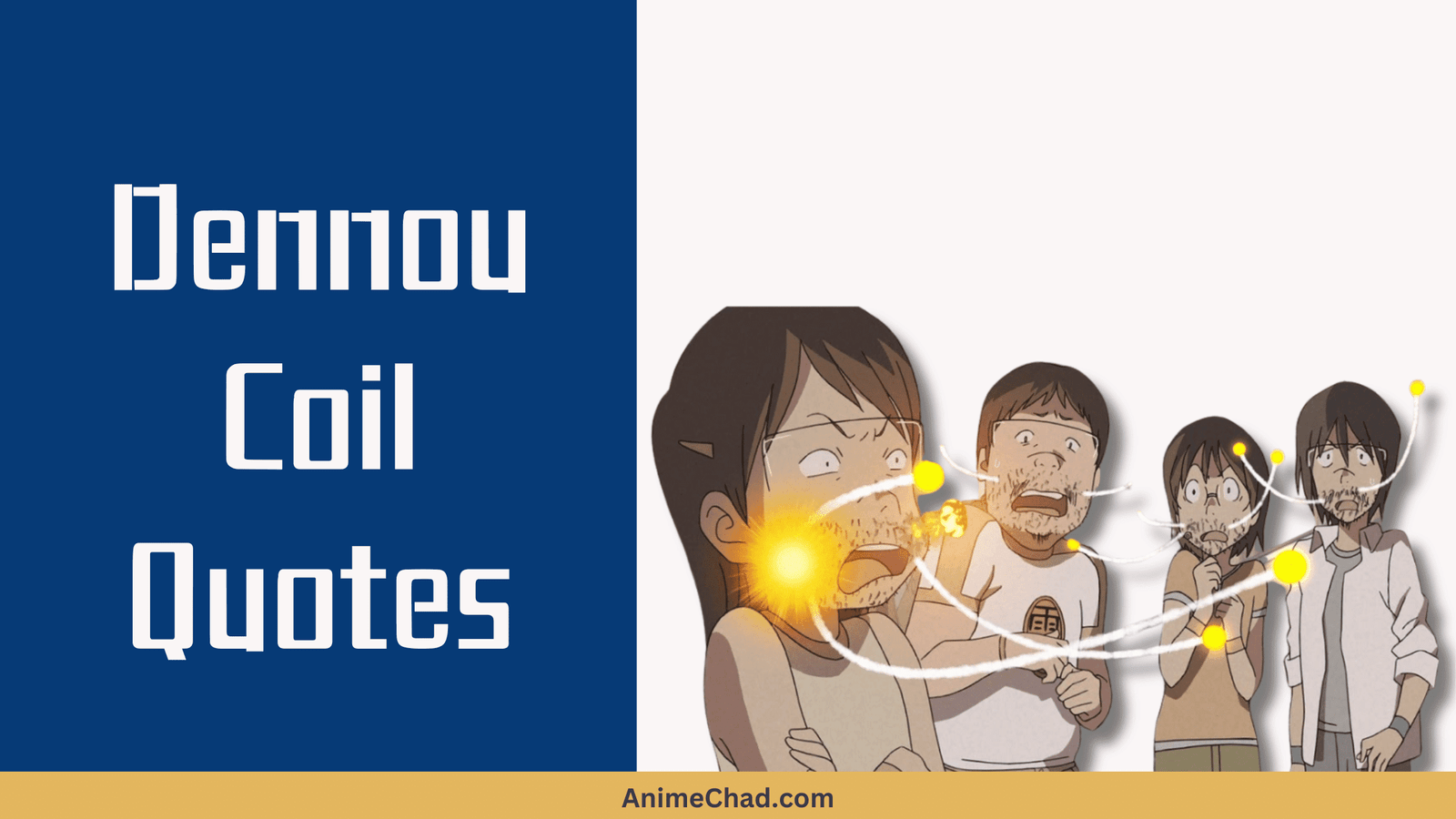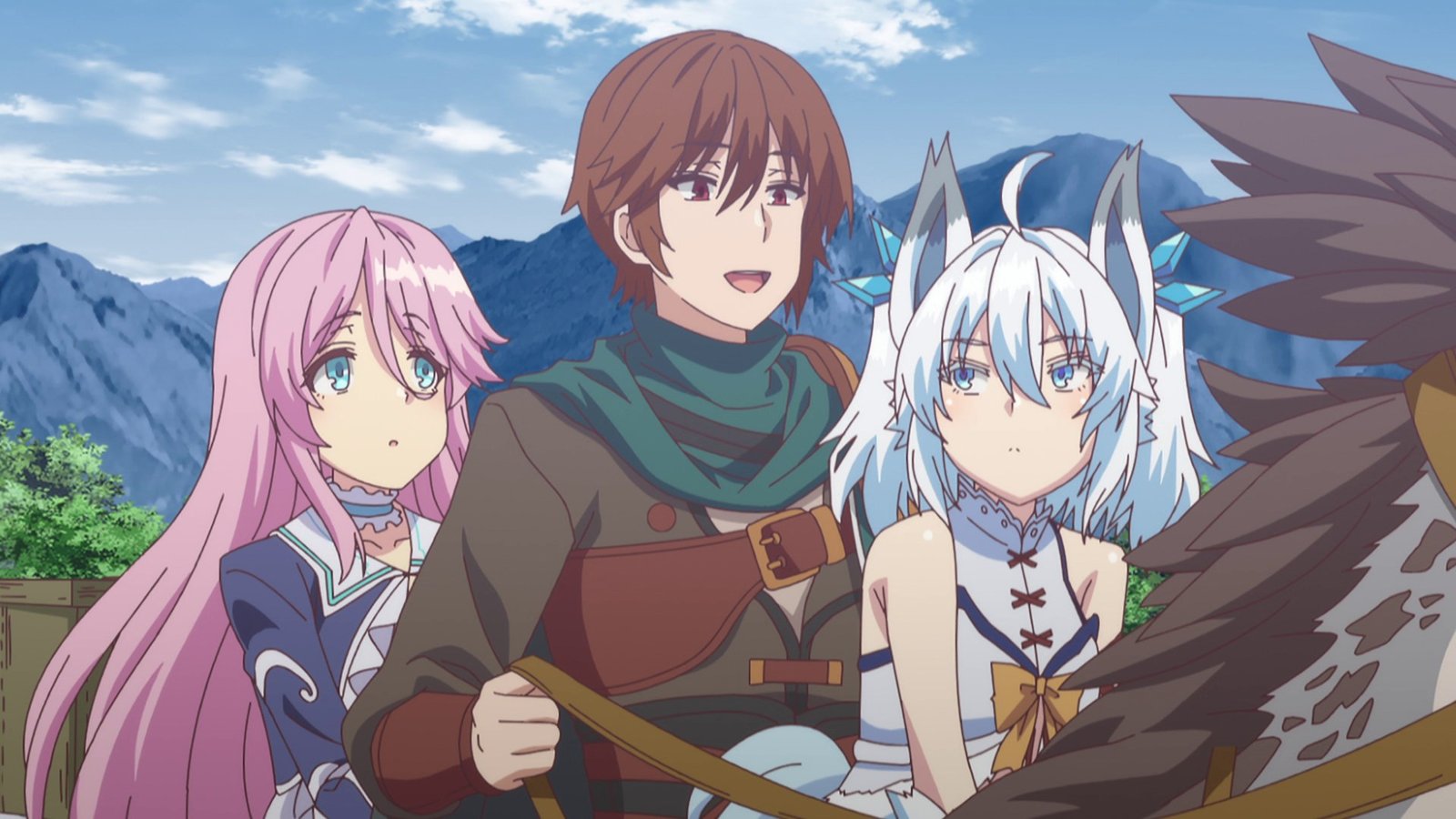The Ancient Magus’ Bride follows Chise Hatori, a young Sleigh Beggy with immense magical potential, who is purchased by the enigmatic mage Elias Ainsworth and becomes his apprentice and bride. The series delves into profound themes of love, healing from trauma, the blurred lines between human and otherworldly existence, and the transformative power of acceptance.
This curated collection of 25 quotes captures pivotal moments across the anime and manga, highlighting character growth and emotional depth while balancing intense confrontations with serene reflections.
Those who abandon their friends are worse than scum
Episode 1 (April Showers Bring May Flowers)
Elias Ainsworth
Instills loyalty in Chise early, mirroring ninja-like bonds and foreshadowing her journey from isolation to familial ties.
I purchased you to be my apprentice, but I also hope to make you my bride
Episode 1 (April Showers Bring May Flowers)
Elias Ainsworth
Elias boldly declares his intentions, blending possessiveness with vulnerability to spark Chise’s hesitant trust.youtube
The living should not envy the dead
Episode 3 (A Spindle Spinning Fate)
Nevin Broms
Offers wisdom amid Chise’s suicidal ideation, emphasizing life’s value and her budding resilience against despair.
Has what you dread ever happened to you? Then stop fearing that you might trip and tumble up into the sky. That’s called borrowing trouble
Chapter 1 (The Magus’ Bride)
Nevin Broms
Teaches Chise to confront unfounded fears, aiding her emotional recovery from abandonment and magical burdens.
If you were to disappear, life without you would be truly dreadful
Episode 7 (A Fairy’s Wings)
Elias Ainsworth
Reveals Elias’s rare emotional dependency, deepening their bond during a peaceful homecoming after peril.
For some reason I can’t discern, the house is cold in your absence. It’s nearly summer, yet I have a fire in the hearth
Episode 12 (Side A)
Elias Ainsworth
Expresses Elias’s subtle loneliness, highlighting his humanizing growth through Chise’s influence in quiet domesticity.
Maybe you’ve suffered more than me or anyone I’ve ever met. But just because it hurts doesn’t mean you can make others suffer with you
Episode 10 (The Rose in Glass)
Chise Hatori
Chise asserts boundaries against Joseph’s pain, showcasing her maturing empathy and rejection of cycles of abuse.
I can forget all of my problems when I’m reading
Chapter 3 (A Fairy’s Breath)
Chise Hatori
Reflects Chise’s escapist solace in books, connecting to themes of healing through knowledge in a tranquil library moment.
We dragons fear nothing. We understand that death comes to all living things in time, without exception. All things taste the joys and sorrows of life… And all will know the loneliness of death
Chapter 1 (The Magus’ Bride)
Lindel (Dragon Elder)
Imparts stoic acceptance of mortality during Chise’s auction trauma, underscoring the series’ exploration of inevitable loss.
You must love the world. It’s true that the world in which you grew up was not kind… but it was not your enemy. There is already a key in the lock that holds you. All you need do now is open it
Episode 2 (Snow Provides a Blanket for the Earth)
Elias Ainsworth
Guides Chise toward self-liberation from her past, emphasizing forgiveness and growth in a gentle, introspective exchange.
Do you want people to understand? Or do you want to believe you’re the only one suffering?
Episode 19 (Cartaphilus)
Chise Hatori
Challenges Joseph’s isolation, marking Chise’s development into a compassionate healer amid a tense magical standoff.
I won’t forgive you. I won’t forget you yet, but I’m going to leave you and move on
Episode 23 (House of the Full Moon)
Chise Hatori
Empowers Chise to break free from toxic ties, symbolizing her arc of self-preservation and forward momentum.
Acquiring knowledge is good, but you need experience as well
Episode 4 (An Unbearable Sweetness)
Elias Ainsworth
Advises Chise on balancing study with action, fostering her evolution from passive learner to active mage.
You love him, Chise. You see that, don’t you? You always feel anxious when he’s away, and you constantly worry about him. Why do you refuse to admit it?
Episode 9 (Under the Same Roof)
Ruth Copper
Encourages Chise to embrace her feelings for Elias, highlighting themes of mutual protection in a heartfelt mentorship scene.
Your happiness lies beyond what you fear
Chapter 5 (A Bride’s Holiday)
Elias Ainsworth
Motivates Chise past her insecurities, tying into the narrative’s core of overcoming trauma through courageous love.
Coffin sealed. I am the iron that shatters your lock, wretched creatures who guard the tomb. I am the flames of hell, pure as steel; I am the ore that breaks your hold
Episode 22 (The Serpent, the Dragon and the Knight)
Chise Hatori
Chise unleashes incantatory power in battle, demonstrating her empowered resolve against otherworldly threats.
Ow! I’m sorry, I’m sorry! It hurts! But… but heee… NO! That cursed name is not mine, Cartaphilus… no, that’s not who I am. It’s Joseph
Episode 19 (Cartaphilus)
Joseph Bradley
Reveals Joseph’s tormented identity crisis, adding emotional layers to themes of redemption in a climactic confrontation.
Welcome to this ugly, maddening world in all its beauty. Grow and learn, so that you’ll someday be able to help others in turn
Chapter 2 (The Magician’s Pupil)
Elias Ainsworth
Welcomes Chise into magic’s duality, promoting her growth from victim to benefactor in a serene initiation ritual.
To me you’re like a book I wish would never end
Chapter 7 (A FATHER’S LOVE)
Elias Ainsworth
Compares Chise to an endless story, illustrating his deepening affection and the theme of enduring companionship.
You cursed me. But I was taught… I’m allowed to ignore you. To get angry. To shout. I can choose for myself and make my own wishes. So that’s what I hope to do
Episode 24 (What the Dead Leave Behind)
Philomela Baer
Philomela defies her grandmother’s abuse, embodying healing and autonomy gained through friendships in a triumphant release.
It is the boundaries between truth and fantasy that blur and become new fairy tales of their own
Chapter 10 (A WAR OF THRONES)
Kore Yamazaki (narrator via Elias)
Blurs reality and myth during a fae encounter, reinforcing the series’ fusion of worlds and personal reinvention.
So I might be able to get the book back
Episode 23 (Of Two Evils Choose the Less)
Philomela Baer
Shows Philomela’s bravery in a high-stakes retrieval, highlighting her shift from fear to proactive alliance with Chise.
People should know that they are not like cats. They should be mindful of their imperfections. After all, there is nothing better than being a cat
Chapter 8 (THE SHADOW THAT DEVOURS STARS)
Silky (via narrative reflection)
Humorously critiques human flaws in a peaceful household moment, tying into acceptance of imperfection as strength.
Nettle in the shadow, false holly in a ring, twine the branches, entangle enmesh, spin a spider’s web
Episode 1 (April Showers Bring May Flowers)
Elias Ainsworth
Elias weaves protective magic for Chise, showcasing his guardianship and the arcane beauty in their early bond.
I’m allowed to ignore you. To get angry. To shout
Episode 24 (What the Dead Leave Behind)
Philomela Baer
Affirms Philomela’s emotional liberation from manipulation, connecting to broader motifs of voice and self-assertion.

